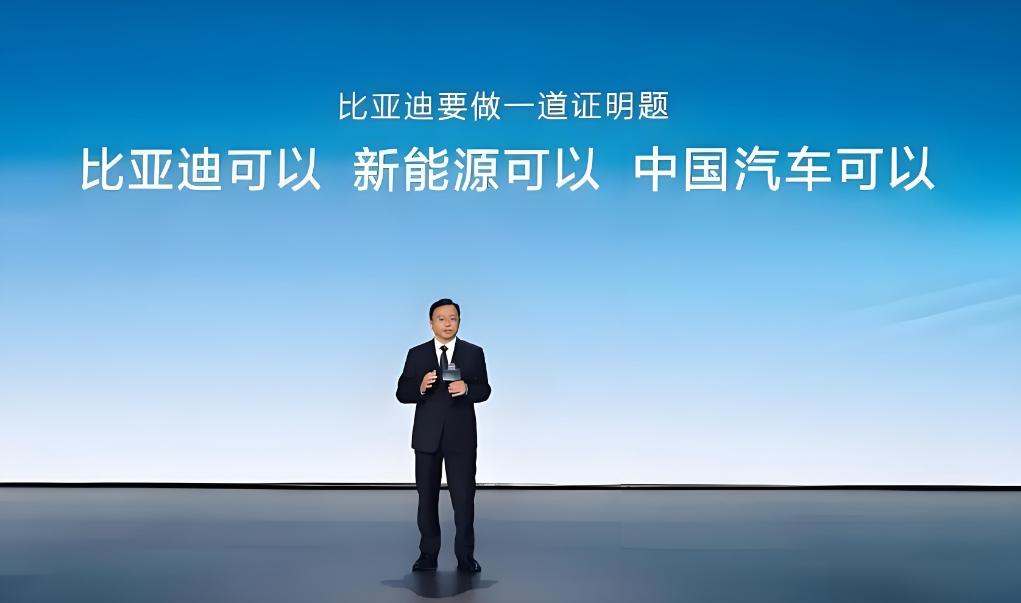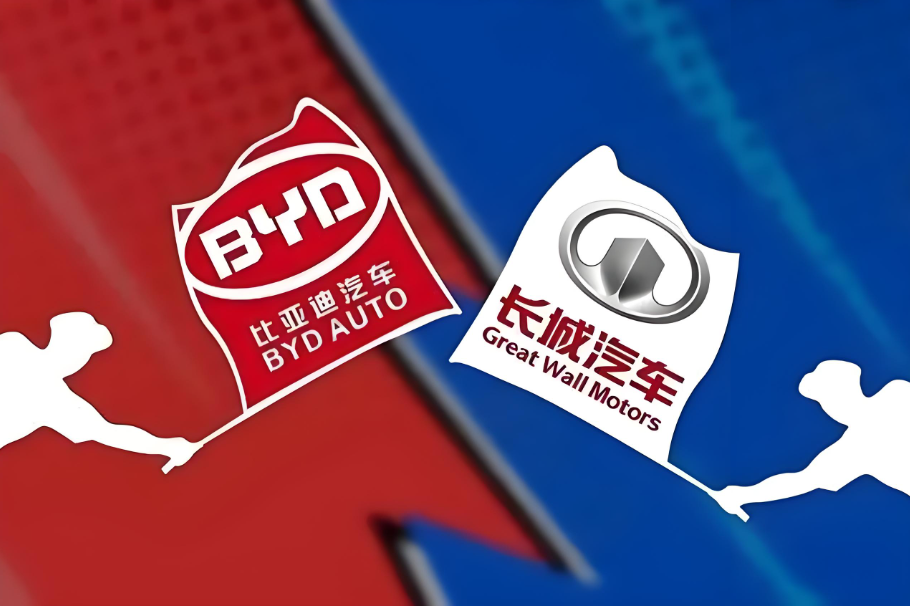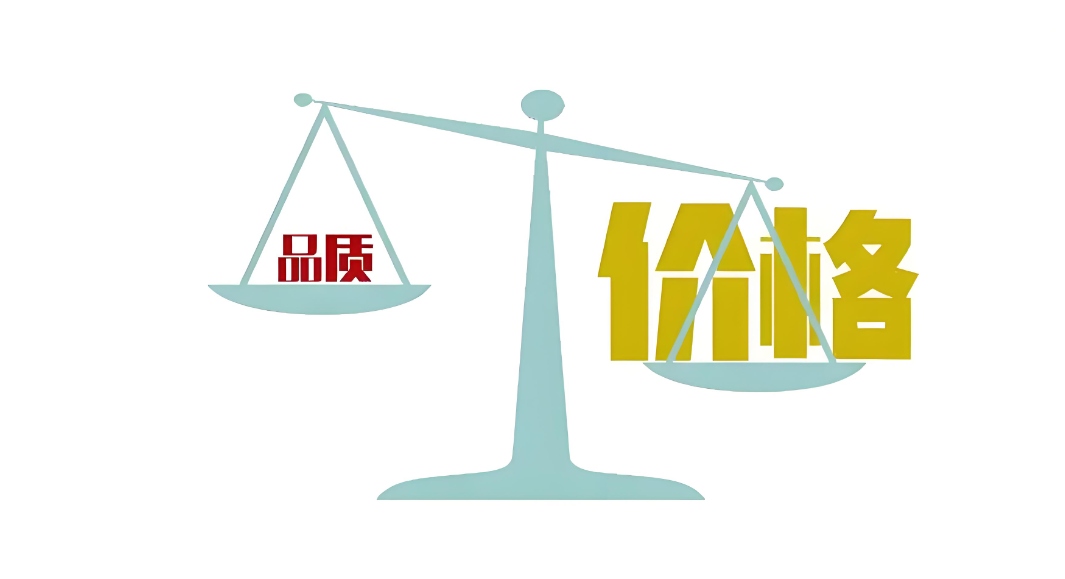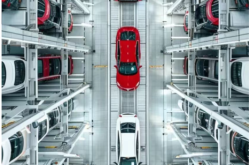Waiting for BYD's counterattack, Wei Jianjun's three warnings, and how far is China's auto industry from Japanese fraud?
![]() 08/09 2024
08/09 2024
![]() 472
472
Mulinsen Works People Cars Witnessing the Rise of China's Auto Industry Together
How far is China's auto industry from Japanese fraud? Wei Jianjun gave three warnings in a recent interview.
Does the fierce price competition leading to extreme or even abnormal cost pursuit cause Chinese automakers to be "forced" to commit fraud?
Although Wei Jianjun did not mention BYD during the interview, BYD's presence was felt everywhere.
There are differing opinions on whether Wei Jianjun's call is genuine concern or merely a moral high ground stance.
As heavyweights in the Chinese auto market, Great Wall Motors and BYD are a love-hate relationship. Who will emerge victorious?
1. Wei Jianjun's Three Warnings
Wei Jianjun outlined three warnings in the interview: bottom-line thinking, short-termism, and long-termism. These warnings suggest that some automakers have crossed the line, pursued short-term gains, and compromised long-term development.
Wei Jianjun used strong language such as "fraud," "deception," and "short-sighted greed" in the interview. Setting aside his position, his concerns about the development environment of China's auto industry and indignation towards cheating and rule-breaking are well-founded.

Undoubtedly, such a stance is morally high-grounded and difficult to criticize.
Coincidentally, BYD has also taken a moral high ground in public statements. For example, it criticized the practice of not lowering car prices despite falling raw material costs as unethical towards consumers and expressed the difficulties and courage of Chinese brands going global. It also praised Great Wall Motors for safeguarding the "national gateway" and consistently advocated for Chinese brands and consumers' interests.

For a while, onlookers couldn't tell who was genuinely concerned.
Currently, "occupying the moral high ground" has become an unspoken rule for automakers' claims.
Remember, automakers are capital enterprises, and profitability is their fundamental goal. Don't be fooled by their grandiloquent talk. Evergrande also made grand donations, but is it truly a good company?
An automaker's true responsibility lies in its actions, product quality, and reputation among employees and consumers.
2. The Love-Hate Relationship in the Auto Industry: Great Wall Motors and BYD
The rivalry between Great Wall Motors and BYD has a long history.

Publicly, the two companies have engaged in tit-for-tat campaigns, with Great Wall Motors offering a reward for reporting online trolls and the "room temperature fuel tank" incident, and BYD countering with a reward for exposing "black PR." These actions stirred up significant public opinion in the auto industry.
In terms of products, Great Wall Motors shone during the gasoline-powered era, while BYD surpassed it in the electric vehicle era. BYD's sales surpassed Great Wall Motors significantly, selling 1.9553 million vehicles from January to July, compared to Great Wall Motors' 646,300 vehicles.
The competition between Great Wall Motors and BYD continues, with each company adhering to its price strategy amidst the price war.
3. Will the Price War Lead China's Auto Industry Down the Path of Japanese Fraud?
The core of a price war is cost advantage, which inevitably leads automakers to pursue extreme cost savings. Japanese automakers' fraud was largely due to extreme pressure on suppliers by manufacturers.
Without significant technological breakthroughs, automakers' costs are unlikely to decrease structurally.
It's challenging to determine which interests are sacrificed in cost reduction efforts without technological advancements.
Using raw material price decreases as evidence for cost reduction is debatable.
Generally, lower costs often translate to lower quality.

Furthermore, if automakers pass cost reduction pressure onto suppliers through low-price bidding, it may force suppliers to engage in fraudulent practices, even if the automakers do not intend to do so.
Frontline employees' behavior can also contribute to quality issues in automakers' products.
While it's easy to claim that price wars benefit consumers and gain popularity, opposing them and warning of potential negative consequences is often met with criticism.
However, as a commodity, automobiles must ensure safety and durability. As capital enterprises, automakers must make a profit. For safety, most consumers are willing to pay more to ensure automakers' profitability.
Therefore, let time reveal who is genuinely concerned and who is merely pretending in the auto industry's rivalry.







